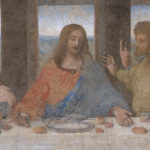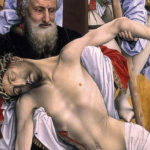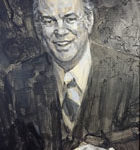
These Pages have addressed personal and societal interests for four years and close with this Page. They have been formed in a conversational style, and meant to cover the thought, conduct, and faith concerns of persons and families. They presume to begin as the reader enters college, or any age of interest in formation. It is hoped that the Pages will be read again on a daily schedule after the first round has been completed. The second reading becomes the most important in the claim of understanding, affirming or amending the concepts/conducts/commitments (beliefs) suggested. In the second reading the Pages have the experience of the reader in an important period of maturation for life to accept, test, even reject, the… Read more











